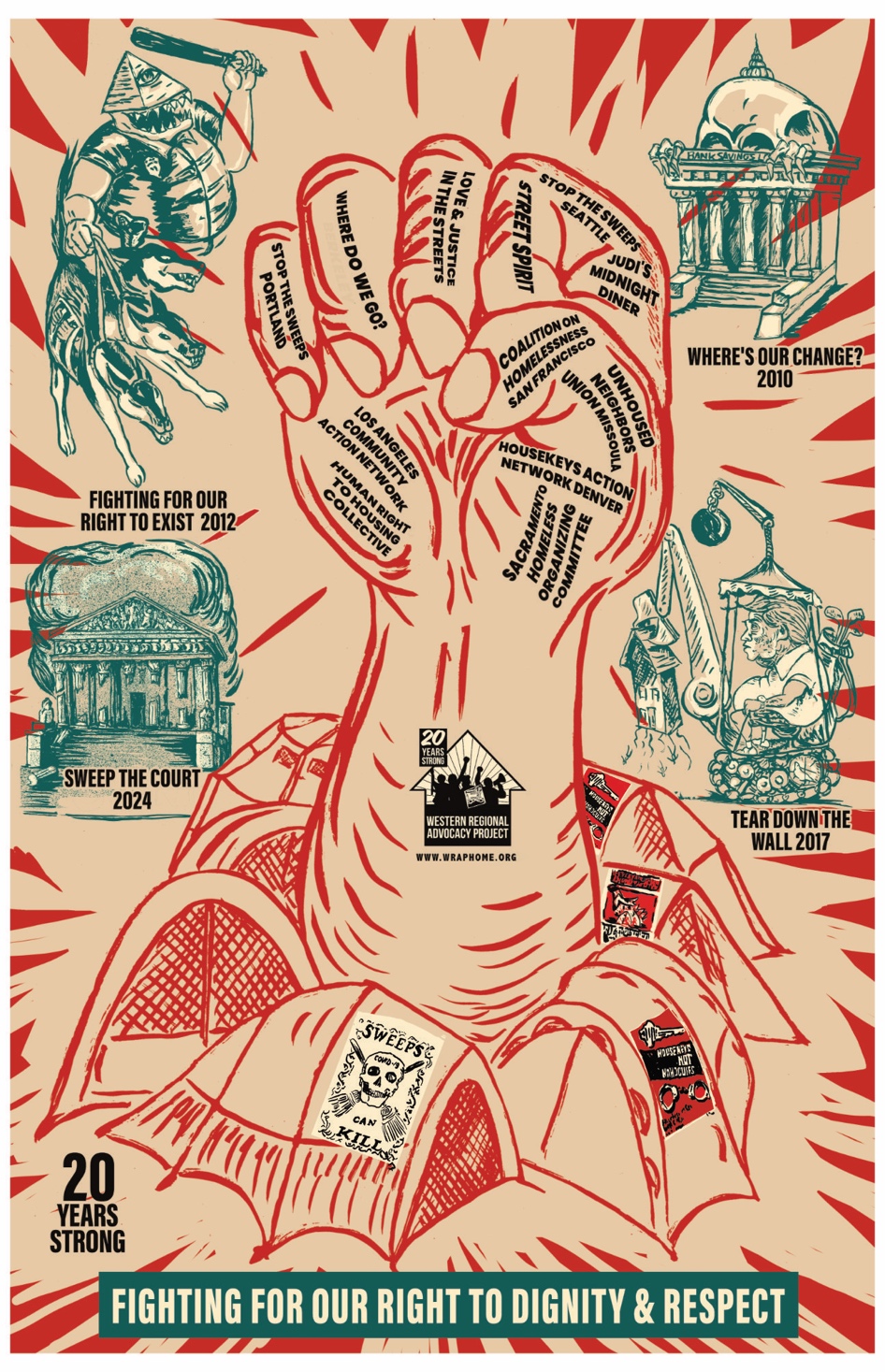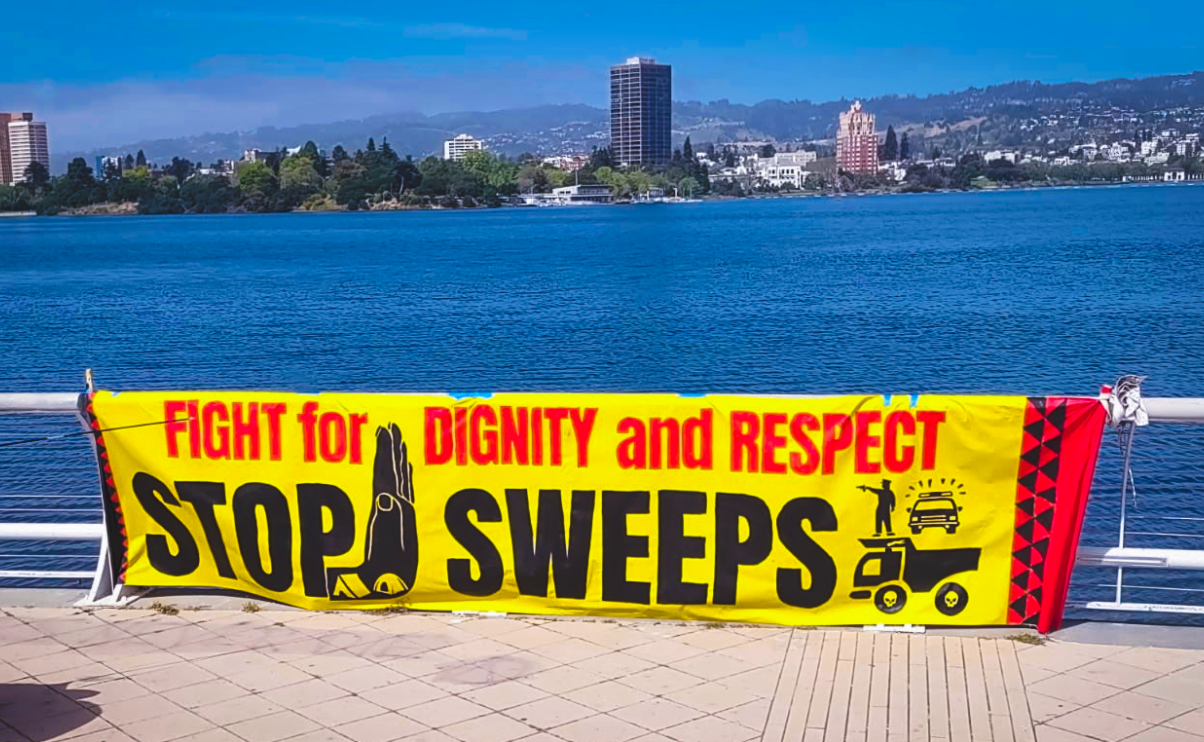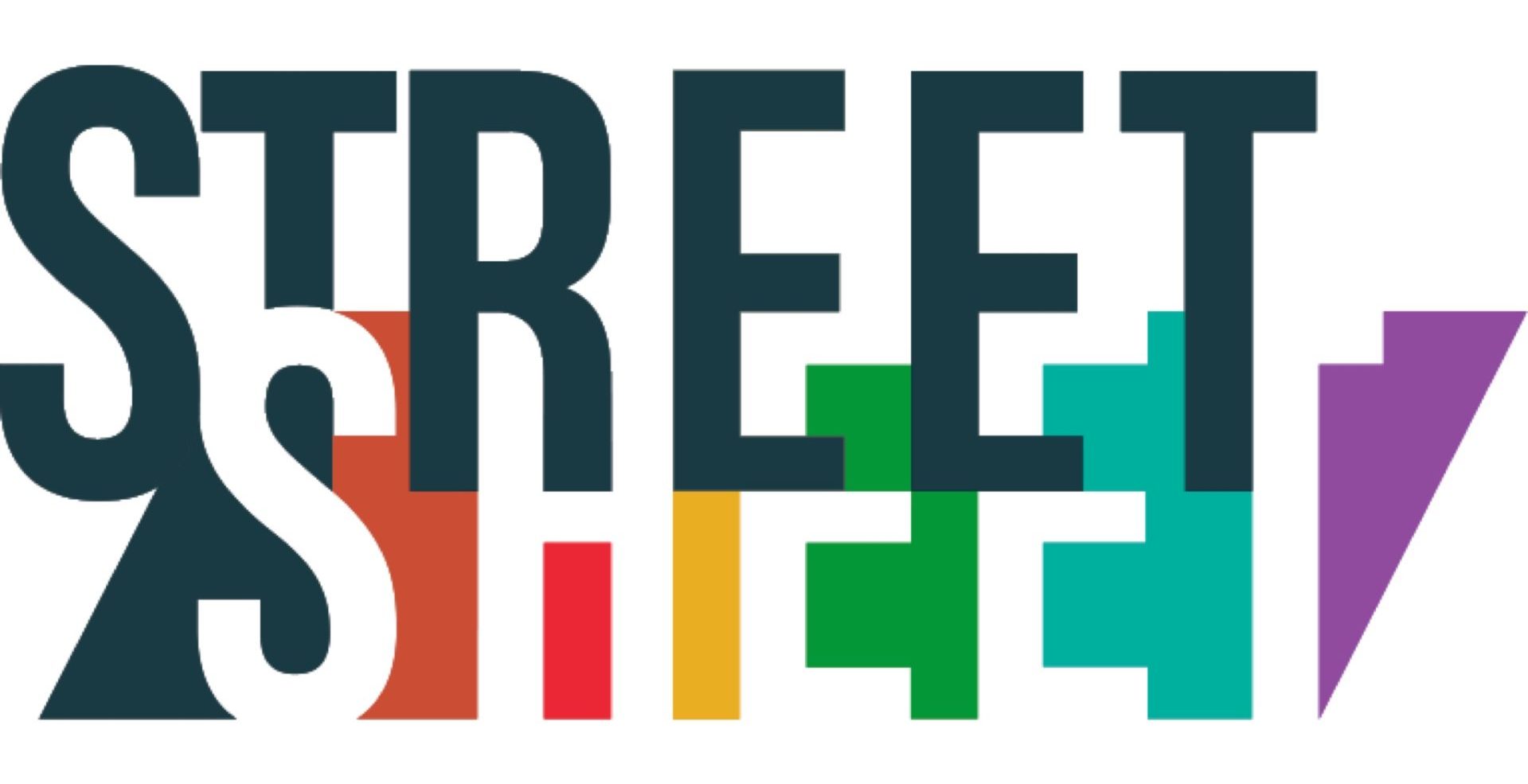by Tatiana Lyulkin
It’s not a good time
To bring up the things
We’ve lost-
A cup of black coffee
And a hug
Are all I need.
When the night
Grows silent and cold
And no one
Remembers our names
Or what we used to be
Knowing that you’re real
And you truly care
Gives me the strength
To survive another day.






